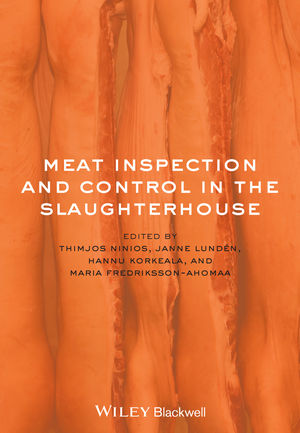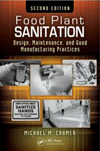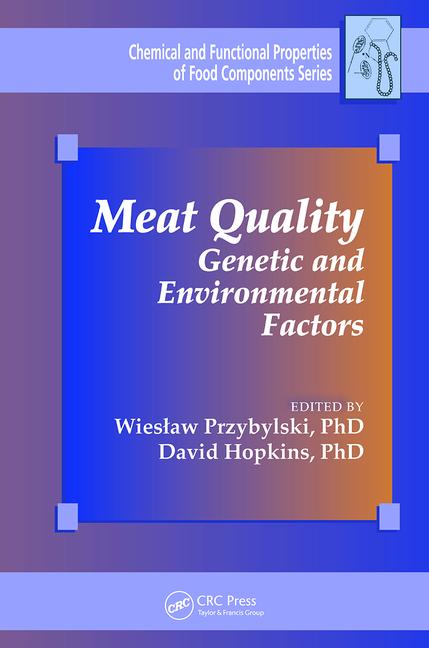The USDA Animal and Plant Health Inspection Service (APHIS) has announced a final rule that will complete efforts to modernize the Agency’s import regulations for bovine spongiform encephalopathy (BSE), demonstrating to the international community that the United States is committed to basing its BSE regulations on internationally-accepted scientific literature and standards set by the World Organization for Animal Health (OIE). The final regulation will allow for the safe trade of bovines and bovine products, while still protecting the United States from the introduction of BSE.
“This action will bring our BSE import regulations in line with international standards, which call for countries to base their trade policies on the actual risk of animals or products harboring the disease,” said Dr. John Clifford, APHIS Deputy Administrator and Chief Veterinary Officer. “Making these changes will further demonstrate to our trading partners our commitment to international standards and sound science, and we are hopeful it will help open new markets and remove remaining restrictions on U.S. products.”
The USDA notes that control of imports is only one of several interlocking safeguards against BSE. This regulation does not change other measures that are currently in place in the United States. For animal health, these measures include the U.S. Food and Drug Administration's ruminant-to-ruminant feed ban. A robust BSE surveillance program monitors the health of the U.S. cattle population. Human health is protected by measures that ensure the safety of U.S. beef, the most important of which is the ban on cattle materials that have been shown to carry the BSE agent (known as specified risk materials) from the food supply. In recognition of the strength of these measures in the United States, the OIE upgraded the U.S. risk classification for BSE to negligible risk in May 2013.
When this rule takes effect, APHIS will use the same criteria and categories that the World Organization for Animal Health (OIE) uses to identify a country’s BSE risk status. APHIS will base its import policy for a particular country on that country’s risk classification as determined by OIE’s risk evaluation. The rule also allows APHIS to conduct its own assessment when deemed necessary, such as when a country is not yet classified by the OIE for BSE risk and requests that APHIS conduct a risk evaluation using criteria equivalent to that used by OIE.
American Meat Institute released a statement praising the decision.
“AMI welcomes USDA Animal and Plant Health Inspection Service’s (APHIS) comprehensive U.S. BSE rule released today,” said AMI President and CEO J. Patrick Boyle. “The rule is a significant step forward to make U.S. beef import regulations more consistent with international animal health standards. We have long said that having such a rule in place will show leadership on the global scale and believe it will enhance U.S. trade and give USTR and USDA a stronger position to press other nations to follow the OIE's guidelines and adopt science-based BSE policies. Using internationally recognized science-based standards as the basis for trade facilitates exports and imports of meat and poultry products -- for the benefit of consumers and producers.”
This action will be published in the Federal Register soon. The rule becomes effective 90 days after publication.
Source: USDA









